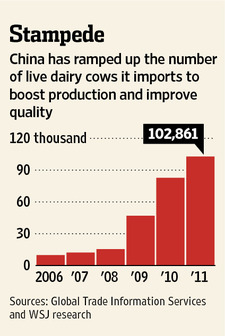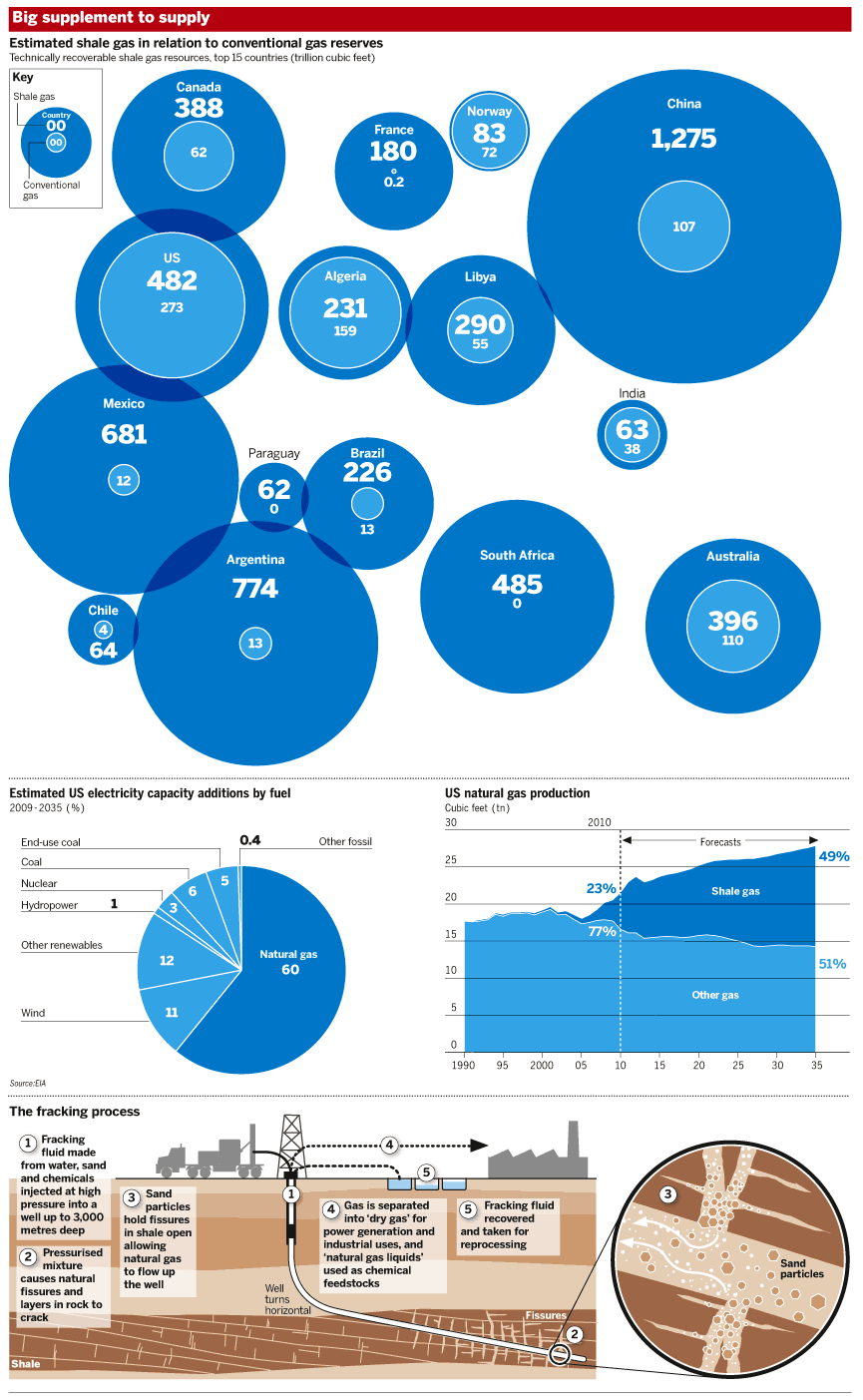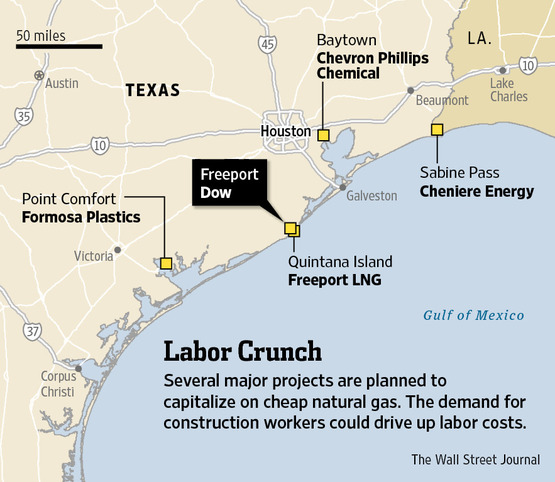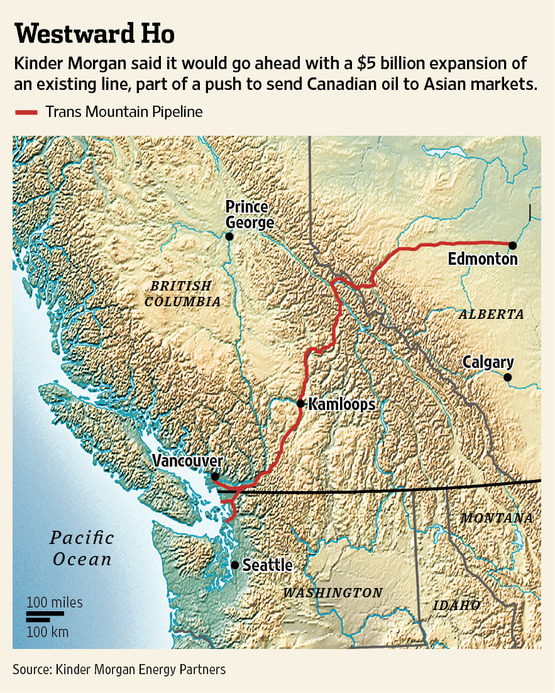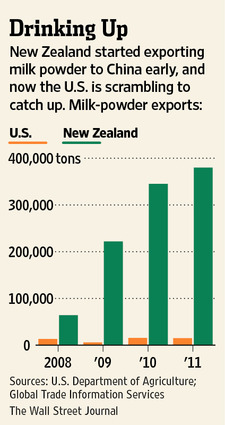Final column at World Politics Review
 Monday, April 30, 2012 at 12:19PM
Monday, April 30, 2012 at 12:19PM The New Rules: Globalization's Future Depends on Stable U.S.-China-India Order
BY THOMAS P.M. BARNETT | 30 APR 2012
COLUMNEditor's note: This will be the final appearance of Thomas P.M. Barnett's "The New Rules" column at World Politics Review. We'd like to take this opportunity to thank Tom for the insightful, compelling analysis he has offered WPR readers each week for the past three years, as well as for the support he has shown for WPR over that time. We wish him continued success.
Amid all our current fears regarding the global economy’s potential “double dip” back into deep recession, a longer-term question stands out: How can a supposedly declining America protect the golden goose that is globalization while managing the rise of twin economic superpowers in the East -- namely, China and India? History says that three is a crowd when it comes to system stability. Invariably, some conflict will arise to trigger a two-against-one dynamic that must yield to either the stable stand-off of bipolarity, as during the Cold War, or the emergence through decisive conflict of an acknowledged unipolar hegemon, as in the early post-Cold War period.
Read the entire column at World Politics Review.
 China,
China,  India,
India,  US,
US,  globalization,
globalization,  grand strategy | in
grand strategy | in  WPR Column |
WPR Column |  Email Article |
Email Article |  Permalink |
Permalink |  Print Article
Print Article 








